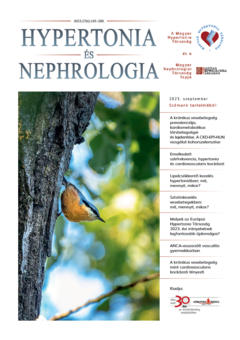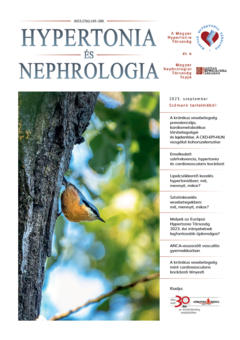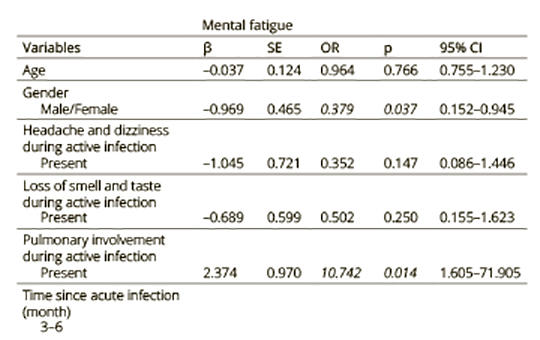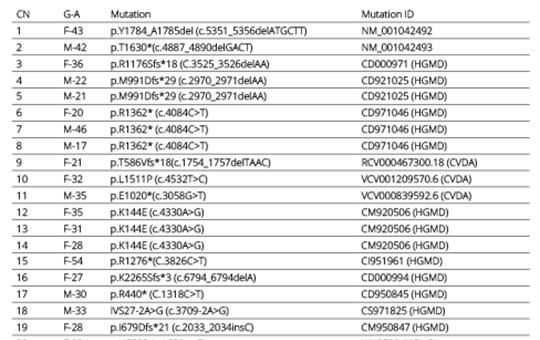The eLitMed.hu medical portal uses computer cookies for convenient operation. Detailed information can be found in the Cookie-policy.
Specialities
Gastroenterology
[The practice of periprocedural anticoagulation – birth of a local consensus]
[The problem of periprocedural anticoagulation is emerging more and more frequently in the day-to-day patient care. There is fundamental the interdisciplinary approach spanning the borders of different specialties by establishing the “anticoagulant team” including specialists as cardiologist, anesthesiologist and surgical experts for hands-on interventions (surgeon, traumatologist, obstetrician, endoscopic specialist etc.) and even the GPs as well. Such a communication can help considerably in the patient management and it would be useful to define local protocols and consensus papers adapted for the concerning hospitals. This review provides an overview of the points of considerations, the proposed practice of interruption and re-administration of oral anticuagulants, and the treatment of bleedings. ]
[ANCA associated vasculitis in childhood]
[ANCA-associated vasculitis is a systemic autoimmune disease with a severe course and a high percentage of renal involvement. It is much more common in the adult population than in children, so there are few large case-control studies in pediatric population. We present case reports of six children treated for ANCA-associated vasculitis over the past five years. In addition to the case presentation, we will also discuss current immunosuppressive therapeutic options and the issue of plasmapheresis. We describe the initial symptoms and the time between the onset of symptoms and diagnosis. We present the initial laboratory data and a 12-month retrospective follow-up of renal function. We also describe the therapies used in our patients. Given the small number of cases, we do not aim to present detailed statistical conclusions.]
[Chronic kidney disease as cardiovascular risk factor]
[Chronic kidney disease (CKD) is one of the major risk factors for cardiovascular disease (CVD). More than 50% of patients with CKD die from CVD before starting dialysis. The relationship between CKD and CVD is explained by several mechanisms, including arterial stiffness, inflammation, oxidative stress, anaemia, calcium-phosphorus metabolism disorder and renin-angiotensin-aldosterone system activation. In order to reduce the cardiovascular risk of patients with CKD, it is important to recognize and treat CKD early, as well as to optimize the traditional and non-traditional risk factors. The aim of this review is to summarize the associations between CKD and CVDs, as well as the prevention and treatment options.]
[Who seeks, shall find often – deceptive recurrent pulmonary infiltrates]
[Pulmonary infiltrates can appear in many diseases. Instead of air, alveoli are filled by white blood cells, tumor cells, blood, pus, protein, etc., and result in athelectasia. Among all etiological factors of infiltrates, community-acquired pneumonia occurs most frequently, which is one of the leading causes of mortality and morbidity worldwide.
By definition, it is an infection through living pathogens, affecting the interstitium, alveolar space and terminal pulmonary airways. However, we often do not succeed to recognize the infectious agent in the background thus it may be presumed that the changes demonstrated by imaging modalities, albeit supported by the symptoms, do not present a pneumonia indeed.
This study concerns a case of a 58-year-old woman diagnosed with pneumonia and treated regularly by antibiotics. Although her condition temporarily improved, the complaints (asphyxiation, fever, weakness) returned regularly, her CRP levels were repeatedly elevated, and the chest CT scans showed bilateral pulmonary infiltration. Bronchoscopy samples were used for culture and lower respiratory PCR which with negative blood culture ruled out the pneumonia. Further tests and an immunological consultation verified ANCA-positive granulomatosis with polyangiitis behind her worsening condition.
This case study draws our attention to the importance of reporting recurrent pneumonia to a pulmonologist and demonstrates the significance of microbiological sampling and deep respiratory PCR in recognizing similar conditions. ]
Post-acute sequelae of COVID-19 in young adults: Mental fatigue and decreased cognitive flexibility
Post-acute sequelae of COVID-19 (PASC) describes the occurrence of persistent symptoms following COVID-19 infection. Neurological and psychiatric symptoms may include fatigue, post-exertional malaise, cognitive complaints, sensorimotor symptoms, headache, insomnia. The aim of this study was to evaluate the long-term effects of COVID-19 infection on mental fatigue and cognitive flexibility in young adults.
Neurological comorbidities and novel mutations in Turkish cases with neurofibromatosis type 1
Neurofibromatosis type 1 (NF1) is a rare, autosomal dominant multisystemic disease. The NF1 gene is localized on chromosome 17q11.2. Patients with NF1 have different clinical presentations and comorbidities. The aim of the present study is to determine the novel mutations and neurological comorbidities of NF1. Patients who were diagnosed with NF1 by clinical criteria of the National Institutes of Health were included in the study.
1.
Clinical Neuroscience
[Headache registry in Szeged: Experiences regarding to migraine patients]2.
Clinical Neuroscience
[The new target population of stroke awareness campaign: Kindergarten students ]3.
Clinical Neuroscience
Is there any difference in mortality rates of atrial fibrillation detected before or after ischemic stroke?4.
Clinical Neuroscience
Factors influencing the level of stigma in Parkinson’s disease in western Turkey5.
Clinical Neuroscience
[The effects of demographic and clinical factors on the severity of poststroke aphasia]1.
2.
Clinical Oncology
[Pancreatic cancer: ESMO Clinical Practice Guideline for diagnosis, treatment and follow-up]3.
Clinical Oncology
[Pharmacovigilance landscape – Lessons from the past and opportunities for future]4.
5.








